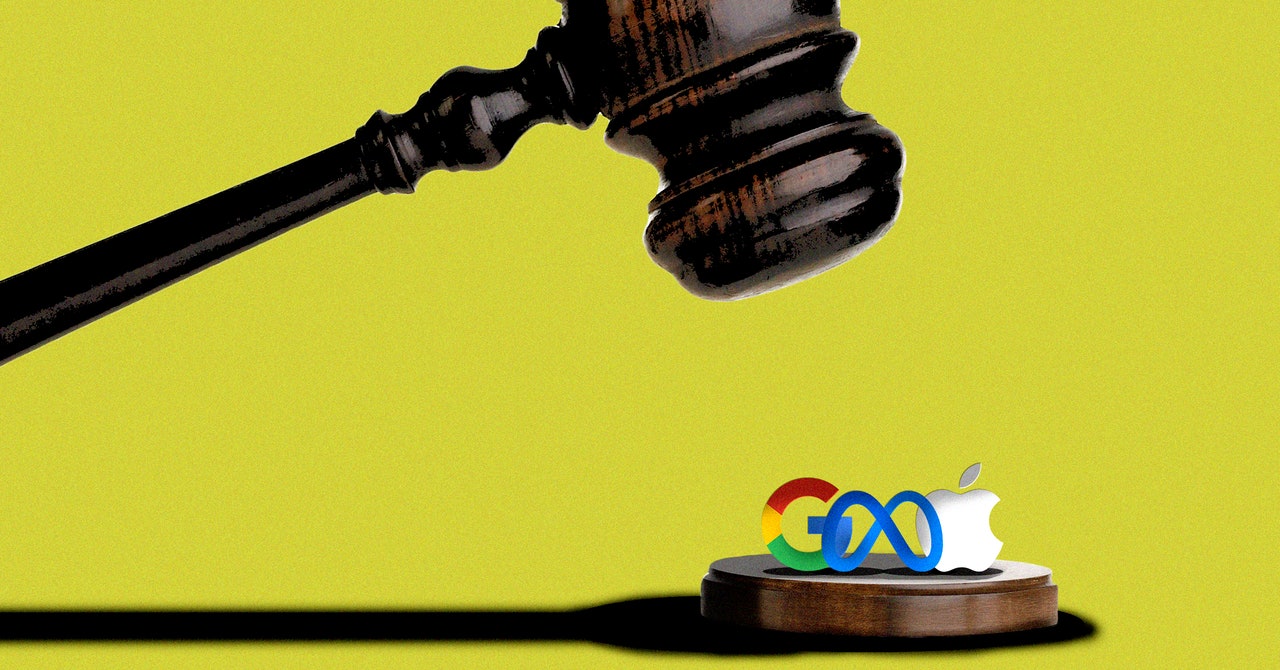Film company Voltage, which is among a group of companies that regularly sue VPN providers, has gone even further, sending letters to internet customers demanding fines for alleged piracy and threatening them with legal action.
In March 2021 some of the same manufacturing companies suing ExpressVPN and PIA also sued no-logs VPN provider LiquidVPN for “encouraging and facilitating” piracy. The film companies later demanded $10 million in damages from the company. A judge issued a default judgment against LiquidVPN this March, ordering it to pay the studio $14 million.
This lawsuit largely centers around LiquidVPN’s fiery marketing practices and claims that the VPN is “torrent-optimized” and allows you to “unblock ISP-banned streams.” The studios argue that these tactics encourage illegal use of the service by those wishing to circumvent legal restrictions on accessing online content. They might be right.
According to the Electronic Frontier Foundation (EFF), an Internet civil liberties group, some of Hollywood’s demands are “extreme and not supported by law.” Indeed, in December a federal court in Florida dismissed a lawsuit against Quadranet, which provided hosting to LiquidVPN, that was filed by many of the same movie companies that sued ExpressVPN and PIA. But VPNs also enter dangerous territory through their marketing tactics.
“The studios claimed that VPN provider and his hosting company should have had a legal responsibility to monitor what their customers were doing with the service to see if there was copyright infringement,” said Mitch Stoltz, senior attorney at the EFF. “Not only is this illegal, but it would undermine the entire purpose of a VPN service, which is to protect people’s Internet communications from eavesdropping.”
However, Stoltz cautions that bold marketing language used by VPNs, such as LiquidVPN’s “torrent-optimized” claim, could very well be considered “inducement” in a legal context and liable for copyright infringement. Fearing the possibility of heavy monetary damages, VPN providers may instead choose to shut down some of their services or settle out of court.
“In contrast, a VPN that does not advertise or encourage infringing uses will generally not be held liable in court, even if some users do infringe,” says Stolz. “This is an important legal protection for VPN providers, who provide an important service that would be undermined if they faced broad monitoring and blocking requirements.”
Correction 3:20 p.m., April 29: A previous version of this article incorrectly stated Rick Falkvinge’s employment status with PIA. PIA says Falkvinge “has not been engaged by the company since 2018.” Sorry for the mistake.
More great stories on WIRED




